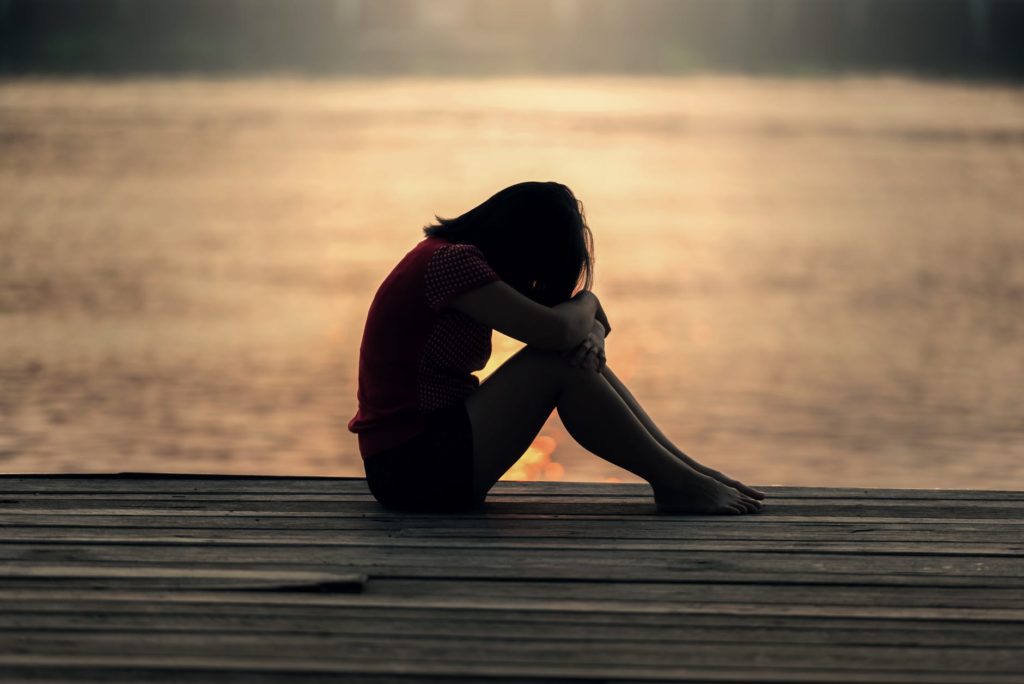
Mental health is more than just a topic for conversation—it’s a reality many people live with every single day. Among the most misunderstood conditions are Depression and Dysthymia. Though they share similar symptoms, they are not the same. Understanding the nuances in the debate of Depression vs Dysthymia can help individuals and families take steps toward healing.
What is Depression?
Depression, or Major Depressive Disorder (MDD), is a mood disorder that affects how a person feels, thinks, and handles daily life. It’s not just about feeling sad or having a rough day. Depression lingers for weeks, sometimes months, and interferes with work, relationships, and even basic tasks like getting out of bed.
People with depression often experience:
-
Deep sadness or hopelessness
-
Loss of interest in activities they once enjoyed
-
Fatigue or low energy
-
Difficulty concentrating
-
Changes in appetite or sleep patterns
-
Thoughts of death or suicide
This condition can come in episodes, meaning someone might feel okay for a while, and then suddenly spiral into a depressive state again.
What is Dysthymia?
Dysthymia, now clinically known as Persistent Depressive Disorder (PDD), is a form of chronic depression. The symptoms are usually less severe than major depression, but they last longer—often for years. People with dysthymia might not even realize they’re depressed because they've felt “off” or “low” for so long that it seems normal.
Common signs of dysthymia include:
-
Low self-esteem
-
Persistent sadness
-
Trouble making decisions
-
Irritability
-
Feeling inadequate or incapable
-
Trouble enjoying life
The hallmark of dysthymia is that it stretches on for a long time—at least two years in adults. It’s like a slow, steady fog that never completely lifts.
Depression vs Dysthymia: Spotting the Differences
Understanding Depression vs Dysthymia comes down to two key factors: intensity and duration.
In short, depression hits hard and fast, while dysthymia quietly wears you down over time.
Why This Difference Matters
Why should we care about the distinction between depression and dysthymia?
Because treatment, support, and recovery paths can differ. A person suffering from depression may need short-term, intensive care. Someone with dysthymia might need long-term support, lifestyle changes, and a different therapeutic approach.
Both conditions are serious. Both deserve attention. And both are treatable—with the right help.
It’s Not “Just in Your Head”
One of the biggest challenges people face is the stigma around mental health. Many think they should “snap out of it” or “just be positive.” But these conditions are real medical issues. Just like diabetes or high blood pressure, they need care, understanding, and professional guidance.
If you or someone you know is silently struggling—don’t wait. Take that brave first step.
How Can You Seek Help?
Talking to a professional is one of the most powerful decisions you can make. Psychiatrists and therapists are trained not just to listen, but to guide you out of the fog. With therapy, medication, or a mix of both, recovery is absolutely possible.
At Evolve Psychiatry, we believe everyone deserves to feel better. Our compassionate team understands the subtle differences between depression and dysthymia and tailors care to fit your unique needs. You don't have to walk this path alone.
Reach out to Evolve Psychiatry today—and take your first step toward healing.
Living with Hope
Mental health struggles don’t define you. What defines you is your ability to take action—to evolve, to grow, and to reclaim your joy.
Whether you’re feeling the crushing weight of major depression or the slow, dull ache of dysthymia, remember this: help is available, and hope is real.
Final Thoughts
The conversation around Depression vs Dysthymia isn’t about choosing which one is “worse.” It’s about recognizing that mental health is complex—and that understanding leads to better care.
Both depression and dysthymia affect millions worldwide, but with awareness, compassion, and the right support system, anyone can rise above.
Don’t let the struggle continue in silence.
Let Evolve Psychiatry be your partner on the journey to better mental health.

0 Comments
Post Comment